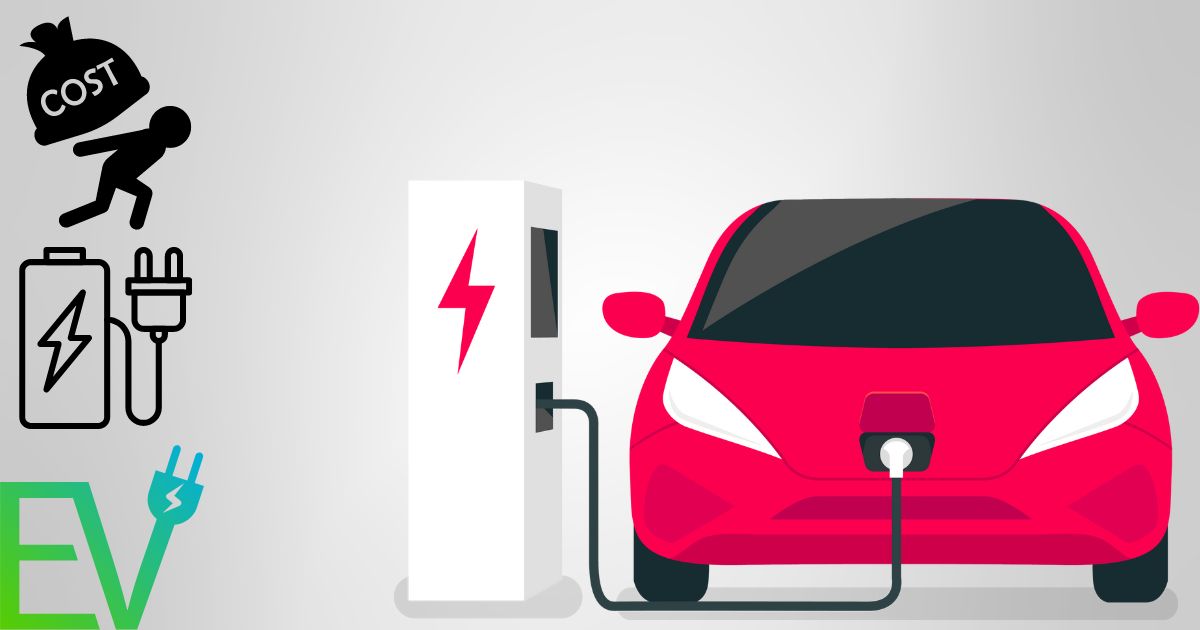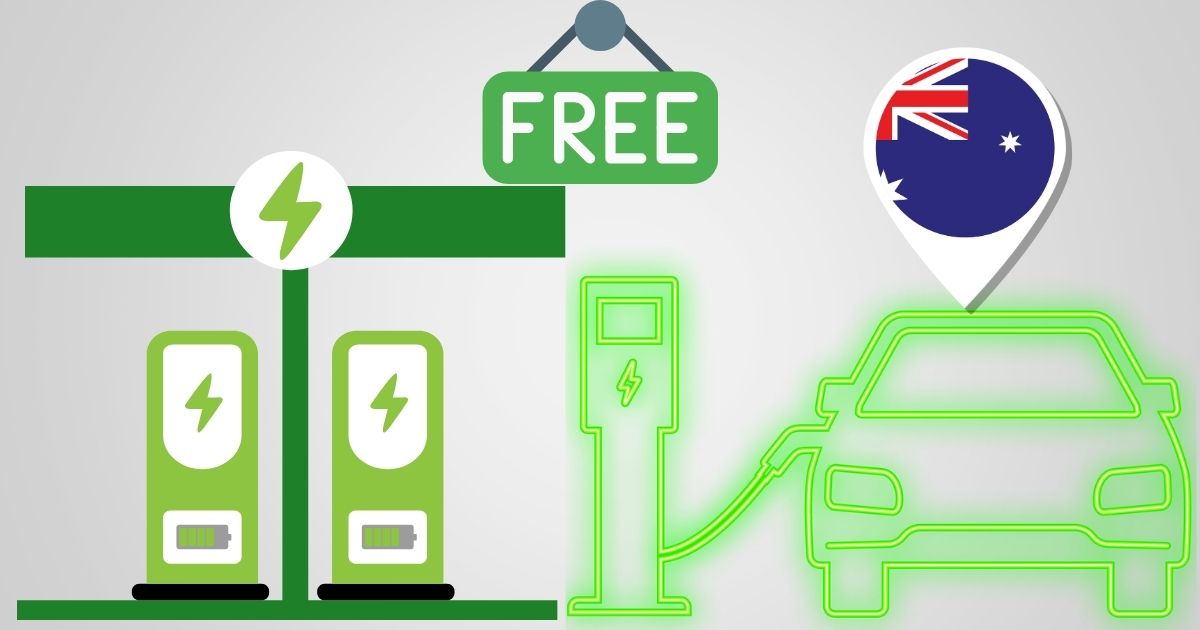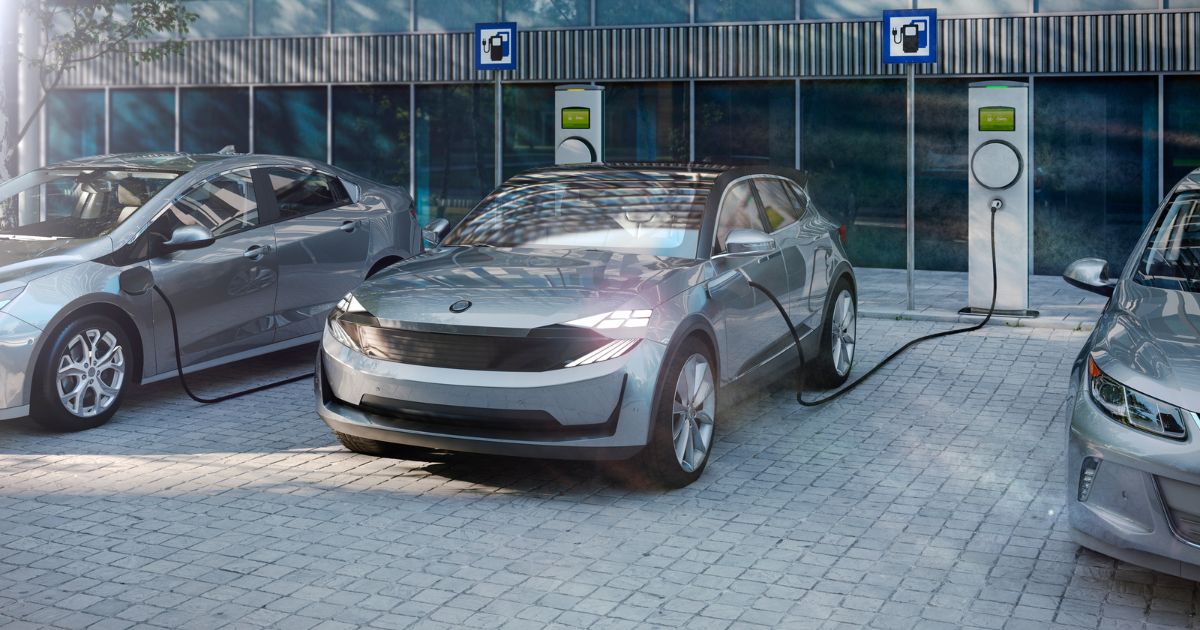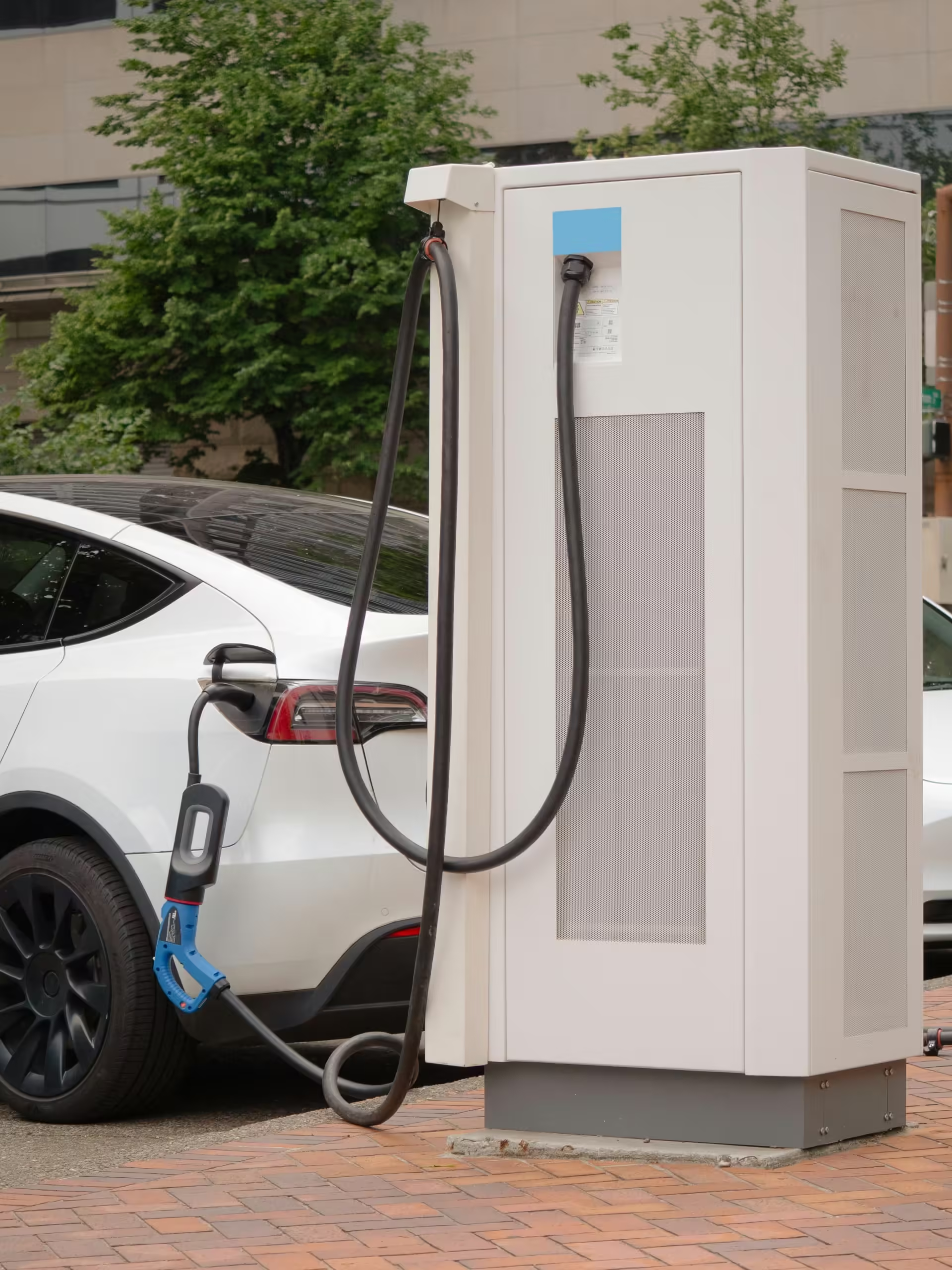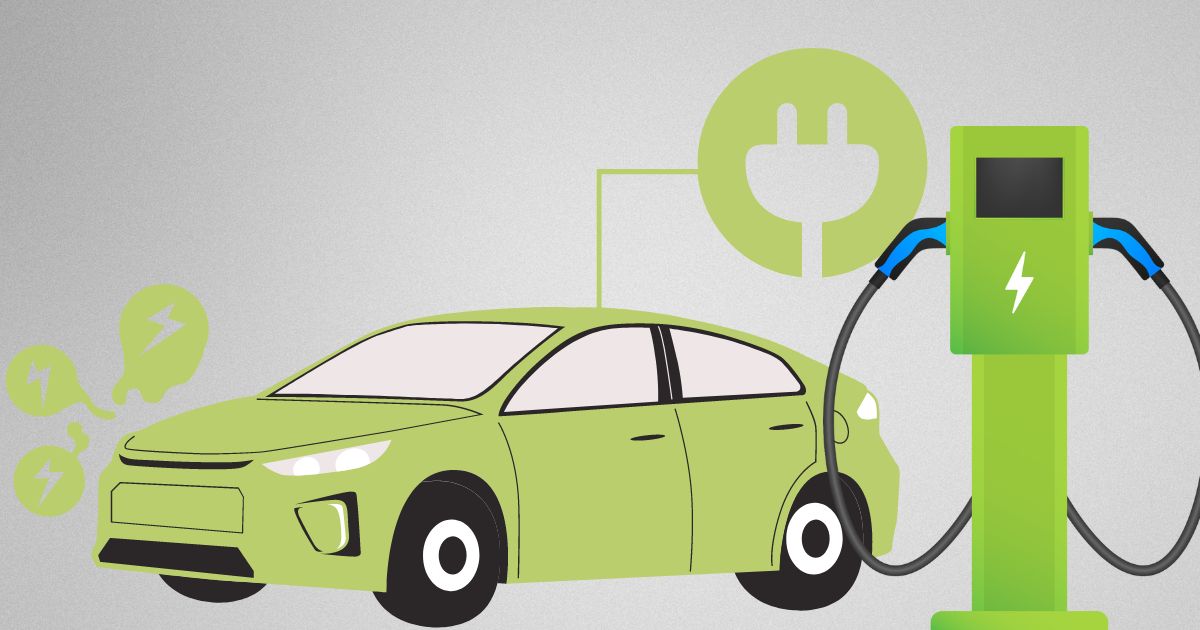Electric Car Charger Installation – Comprehensive Guide 2024
Introduction
Electric cars are now available in more models since many consumers seek to go green by purchasing energy-saving cars. The problem of finding an adequate way to charge the electric car is one of the most crucial issues when owning it. This is where home electric car chargers come into pay. Through this guide, let me introduce you of what you ought to know about electric car charger installation and how to do it. From a first time owner of an electric car or thinking of buying one, this detailed guide will assist you in making the right decision.
Benefits of Installing an Electric Car Charger at Home
Faster Charging Times
The first major benefit or sign of improved economic value of having a home electric car charger is the fact that charging time is much shorter compared to the time it will take the same car to charge in a socket provided by the 3-pin plug. Bear in mind that a home charger with a rating of 7kW can virtually triple the charging rate and bring you back out on the road in no time.
Convenience
This is because home charging is always at a changed time hence if you have a home charger you can charge your car overnight or any time when it has been parked at home. This saves you lots of time as you are not forced to attend public charging stations for the same. Everyone appreciates the convenience of charging one’s car at night and starting the following morning with a fully charged battery.
Enhanced Safety Features
Integrated safety mechanisms that are provided by home electric car chargers include overload protection settings, short circuit protection, among others, and temperature controls. Such features help to ensure optimal charging of the car without the dangers of electrocution.
Cost Savings
One can charge his/her electric car at home, which is cheaper than charging on stations owned by other entities. Utility companies that deal with electricity often have contracts which are favorable to the homeowners meant for the electric vehicles in that the cheap rates come at certain times of the day. In the long run, the benefits in terms of saving can easily reach a substantially large sum of money.
Choosing the Right Location for Your Charger
Dedicated Off-Street Parking
However, for the greatest level of convenience, it is recommended to have one assigned parking space – off-street – for electric cars. This helps to have the car always in a position of proximity to the charger and the problem of entangled cables proving an hindrance by turning into a tripping tool is eliminated.
Proximity to Your Electric Vehicle’s Parking Spot
Choosing a place to install your charger should be done taking into consideration the distance between your parking bay and the electrical outlet. Ideally you want the charger to be located as near to any cars as possible, which means the cable will always be correspondingly shorter so installation costs are less and overall cable mess is minimized.
Cable Length and Storage
Think about the size of the charging cable and where you will be keeping the cable once it is not in use. Some chargers come with features of cable organization that wraps it neatly in a coil to avoid injury while charging or using and to enhance use.
Distance from the Power Supply
Make sure the identified site is nearby your home’s main electrical distribution center. This cuts down on the amount of wiring required and may therefore also lessen the expense of the installation. If your desired location is a long distance from the power supply place, then you may need to extend wires that would hike up the prices.
Types of Electric Car Chargers
Tethered vs. Universal Charge points
- Tethered Chargers: These chargers include a cable in them and therefore are easy to use and convenient at the same time. With chargers, you don’t have to worrying getting the right cable each time you are charging your car.
- Universal Chargers: These chargers come with a power outlet in which one can insert his/her wire. This provides more convenience mainly for those who use multiple connection types, for example, electric cars.
Different Charging Rates
- 7kW Chargers: These are the most frequently used home chargers and with their helps EVs’, a substantial part of the used electric car can be charged in a single day.
- 11kW Chargers: These chargers charge the battery faster, but the electric supply in these chargers is three phase supply which is more or less not available in most of the homes.
- 22kW Chargers: But, they are the fastest home chargers and electric supply is also facilitated with the help of three phases connection. These are ideal for homes that use much electricity or have many electrical cars.
Smart Chargers vs. Standard Chargers
- Smart Chargers: Thus, these chargers have advanced features such as, monitoring and scheduling and the integration with smart homes among others. They allow users to schedule the time for charging in such a manner that they are able to tap cheap electricity tariffs thus reducing on the emission of carbon.
- Standard Chargers: They are very basic chargers and do not have the attributes of smart chargers which help in managing the charging process. These are relatively cheaper products and are also easier to lay compared to other traditional products.
Preparing Your Home for Installation
Assessing Your Home’s Electrical Capacity
A self-check of the present condition of your home electrical system is crucial before getting a home charger. An electrician would be well aware as to whether your electrical panel would be able to accommodate more load or if some changes would be needed. This maximizes the possibility of you getting the best performance and safe usage of your charger.
Ensuring a Stable Wi-Fi Connection
The only main requirement which is mandatory to the smart chargers is that they have to possess a constant link which is, in fact, a WI-FI for tracking and regulating. Make sure that the area of installation of the equipment has a good signal of the company’s Wi-Fi network. If coverage is a consideration think about having to place an order for a Wi-Fi extender for adequate signal boosters.
Checking for Necessary Permits or Approvals
It is important to note that in some cases one might require permits or approval before installing a home charger. It is always better to consult your local regulations so you will not violate any of the rules in the conduct of your business. This can reduce possibility of some problems and extra time while installing the home electronics.
Cost of Electric Car Charger Installation
Breakdown of Installation Costs
Many electric home car chargers require a professional electrician to install it, and the cost of the car charger installation can range depending on several factors; the kind of charger to be used, the level of installation complexity, whether the wiring needs to be upgraded and other considerations. For a basic installation, one will be expected to pay anything between $500 and $1,500.
Potential Additional Costs
- Electrical Upgrades: Where the electrical panel in the home requires upgrades then this is likely going to boost the total cost. For basic upgrades, it may cost from $500 to $2,000 for the advanced ones.
- Longer Cables: Chargers or those devices that may need internal wiring require longer equipment, and therefore, lengthier cables may be needed which means higher expenses.
- Permits and Approvals: Depending on the circumstances of the place of construction some permits or inspections are necessary which makes the cost slightly higher.
Available Grants and Incentives
Today, almost all governments and many organizations provide subsidies and bonuses for the purchase of electric vehicles and home charging stations. For instance, the United Kingdom provides the OZEV Grant that may go up to 75% of the expense incurred for installation. It is useful to refer more frequently to your local authorities to identify other bonuses with regard to the location you live in.
Selecting an Electric Car Charger Provider
Factors to Consider
When choosing a provider, consider the following factors:
- Reputation: Ensure that providers who you hiring have good complaints and are well recommended in the market and are efficient.
- Warranty: Make sure the charger has a warranty so you can be protected from the companies faulty products.
- Customer Service: Select a provider with a good customer care support to help in case of a problem or inquiry.
Overview of Popular Providers
- Pod Point: Recognised for their brilliant chargers and highly efficient customer solutions’, Pod Point is a brand that is current across most electric car users.
- Tesla: Tesla has a wide variety of charging stations but those stations are compatible with Tesla cars as well as other electric cars.
- ChargePoint: ChargePoint presents numerous types of chargers which come with additional settings and can be installed in different ways.
Importance of Customer Service and Warranty
Adverse and effective customer relations can help when it comes to the installation and also the after sale service. Ensure that the selected provider is willing to offer you appropriate and cheerful services. Also, a complete guarantee is possible, which will give confidence while owning an appliance and protect it from serious breakdown.
Step-by-Step Installation Process
Initial Consultation and Site Survey
The installation process may involve an initial meeting and/or a survey of the site where the works are to be done. A skilled electrician will come to your house and consider the right place for the charger and special modifications if needed.
Scheduling the Installation
After the site survey is done, you can then decide when to sleep the meter into the site for the convenience of all the stakeholders. Some of the providers provide next day or weekend installation for your convenience.
Installation Day: What to Expect
The charger and every wiring that needs to be added will be done by an electrician on installation day. This normally takes few hours depending on the kind of installation that has been done. The electrician will also check the charger to make sure it is in good working condition before use.
Post-Installation Checks and Setup
Finally, the electrician will explain how to organize the installed equipment and use the charger after explaining both to you. They will also carry out some tests after the installation as a way of ascertaining that all is well.
Maintenance and Troubleshooting
Regular Maintenance Tips
To keep your charger in good working condition, follow these maintenance tips:
- Inspect the Cable: Charging the phone frequently one should check the charging cable usually in order to avoid using a bad one while charging the phone.
- Clean the Charger: Cleaning the charger from dust or any other materials which maybe causing and interferences on the charging system is also vital.
- Check Connections: From time to time one should examine the general connection and see if there is a sign of rust or not.
Common Issues and How to Resolve Them
- Charger Not Working: If charger is not working then one should check on the power connector and also on the charger connections.
- Slow Charging: If you realize that your car is charging slowly you might need to look at the charger’s settings; possibly it may be set to charge in a specific rate.
- Wi-Fi Issues: However, if you could not set your smart charger to link with Wi-Fi you should reset the router or make the charger nearer to the router.
When to Contact a Professional
As for those issues that you cannot solve there is always a possibility to address a specialist. Therefore, it is ensured that proximities are resolved without harm to the car or endangering a situation on the road.
Maximizing the Benefits of Your Home Charger
Utilizing Smart Features
They have some important options that you needed H requested you to look for so as to be able to charge your car effectively The following are options that you should look for in smart chargers Features. For example, it is possible to use a program to specify that charging should only occur when costs in relation to electricity are deemed to be low, usually, at night.
Tips for Efficient Charging
- Charge During Off-Peak Hours: Most electricity service providers should give out small tariffs mostly at off-peak times. Capture when these rates are low and keep on charging at these the best rates only.
- Avoid Frequent Full Charges: In other words, never take the battery to its maximum charge always as a way of ensuring that the lifespan of car battery is improved. The adulthood dose is established at about 80-90 percent not one hundred percent of daily recommended value for general day to day usage.
Integrating with Renewable Energy Sources
If you have solar panels or other renewable energy sources, you can integrate them with your home charger to further reduce your carbon footprint and save on energy costs. Some smart chargers can be programmed to prioritize renewable energy for charging.
Conclusion
Installing a home electric car charger offers numerous benefits, including faster charging times, convenience, enhanced safety features, and cost savings. By following the steps outlined in this guide, you can ensure a smooth and successful installation process. Whether you’re a new electric car owner or considering making the switch, a home charger is a valuable investment that will enhance your electric vehicle experience.
FAQs
Common Questions About Electric Car Charger Installation
- How long does it take to install a home charger?
Installation typically takes a few hours, depending on the complexity of the installation. - Do I need a permit to install a home charger?
This depends on your location. Check with your local authorities to see if permits or approvals are required. - Can I install a home charger myself?
It’s recommended to have a qualified electrician install your home charger to ensure it’s done safely and correctly.
Answers to Help Readers Make Informed Decisions
- What type of charger should I choose?
Consider factors such as charging speed, smart features, and whether you prefer a tethered or universal charger. - How much does it cost to install a home charger?
Installation costs can vary, but you can expect to pay between $500 and $1,500 for a standard installation. Additional costs may apply for electrical upgrades or longer cables.


